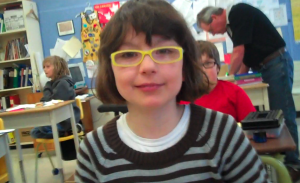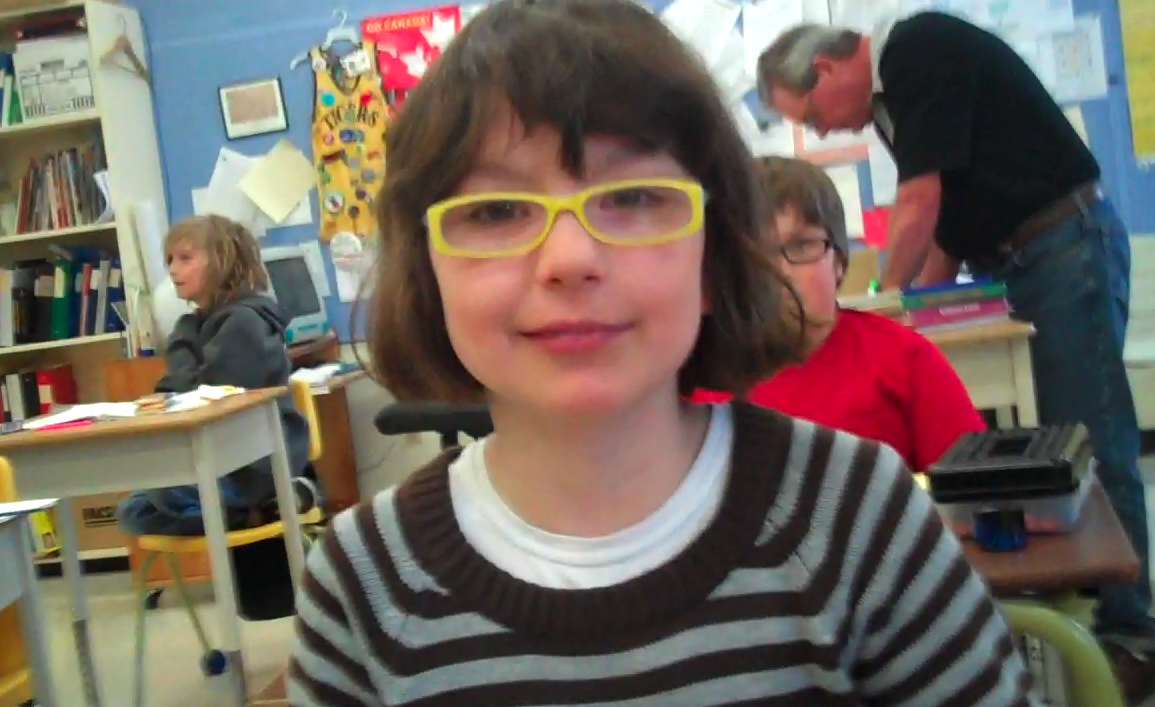By Kasie Hoffman and Lana Kuntz,
The beginning of school is a huge transition for everyone involved, but especially for children who have ADHD. As teachers of children with a range of attention difficulties, we’d like to share with you some strategies we use to make this transition go as smoothly as possible.
Back to School
Despite best efforts to provide structure for our children over the holidays, summer is very different from the rigid routine of school. Over the summer, kids are generally up later, follow fewer rules, and spend less time focusing on tasks.
A lot more time is spent doing physical activities. Just as adults may dread returning to the routines of work after a vacation, similarly, kids take a couple of weeks to settle back to the routine of school.
The structure of the school day can be a struggle at the best of times, but the new class, new teachers and new classmates mean there are more new and exciting distractions. Concentration, listening and sitting still are more challenging. Tiredness can play havoc with a young ADHD brain, reducing their concentration, focus, and self-regulation.
Easing In
Ensuring our ADHD students are actively engaged in school is no small task in the whirlwind of a new school year, but it’s important. It’s crucial that students buy into the school climate – rules, expectations, and appropriate social behaviour with others.
At the same time, remember that both kids and teachers need to ease into the new school year as they get to know each other. Spending some one-on-one time with the child as early in the year as possible to start building a connection and positive relationship.
And teacher’s are not alone in this. A collaborative approach can make all the difference in understanding the individual needs of a student. Make time to meet with parents, psychologists, and medical professionals to clearly understand a student’s individual needs, strengths and interests.
Ask what strategies work well for this child, and keep things as consistent as possible between home and school. And be proactive. Set out a framework for future collaboration and communication. Try to involve the student in part of the meeting. It helps to show the student that both parties are involved and concerned for their well-being. Talks with a previous teacher can also provide insight to a student’s school personality.
That said, every child, deserves a fresh start and preconceived ideas or judgment should be left at the door. What a difference a year can make in a child’s maturity and growth!
Children diagnosed with ADHD often need to learn strategies for coping with down time and how to monitor their feelings and adjust accordingly.
As teachers, we can play an important role in helping children make these life-changing discoveries. Experiment with different balances of work and play, and try to involve students in the process.
Never be afraid to adapt or even abort an activity halfway through. A teacher who knows how to focus students in positive ways, thinks outside the box and allows time to explore will reap the rewards!
Tips for a Successful Classroom
– organize the physical environment to reduce distractions
– organize materials so they are easy to identify and easy to store
– establish routines for writing down and turning in homework
– use monitoring strategies to minimize opportunities for off-task or disruptive behaviour
– develop routines for transitions between activities
– establish low-key cueing systems
– teach strategies for what to do while waiting for help from the teacher
– create opportunities for movement
– give lots of positive feedback!
We’d love to hear your strategies in the comments below!
Kasie Hoffman and Lana Kuntz work at Sturgeon Heights School in Alberta, Canada, helping children with a range of abilities.
Need more? Check out our full length videos ADHD Goes To School and Parenting Kids With ADHD

Benefits of Becoming a TotallyADD Patron
- Twice a month live chats with ADHD experts
- Exclusive early access to our new videos
- A free copy of our video ‘Tips For an Organized Life” (a $9.99 value)
- Access to our Discord community
- and more!
For as little as the cost of a cup of coffee a month you can take part in live Patreon community discussions with Rick Green + see our new videos first + other perks

About TotallyADD
TotallyADD.com is an independent website created & owned by Big Brain Productions Inc. (Rick Green).
Our amazing Patreon community, and purchases in our online shop pays for content creation. We are independent advocates who are supported by community members like you!





I Wish there was information like this when my son was diagnosed in 1999.
I believe collaboration is a key element in addressing different learners differences. In an alternative facility, one that manages to employ a methodology of accommodation for the learning, and one that moves well beyond the institutional and the ministerial’s narrow parameters of addressing curriculum let alone what latitude is afforded even the most determined teacher.
With regard to ADHD, what I find more often than not is that it’s still not easily accepted by most. I have had people, including some educators, bluntly say to me that they do not believe in ADD/ADHD, as if it were the Easter Bunny or Santa Claus, rather than a real diagnosed problem that affects a significant percentage of the population with lifelong consequences for many.
Collaboration itself should be better explained and should involve more people than a trinity of student-teacher-parent. It has to move beyond being small tight closed circles of exception, and become part of the culture of education at all levels.
I am wandering in my thoughts so I’ll end for now. Any thoughts on this folks?
Dennis It has been three weeks and no educator is blogging and disagreeing with you. Educating teachers about ADHD and dyslexia is not a priorty in the education system. Magizines publish for teachers can not be counted on to write any articles about students who have ADHD or dyslexia. Last September the teacher’s union magizine Education Foroum published an essay on how helping students with special needs hurt straight A students.